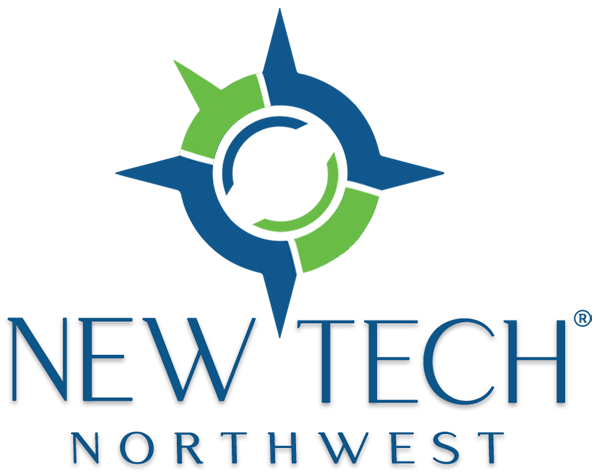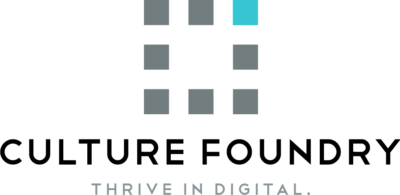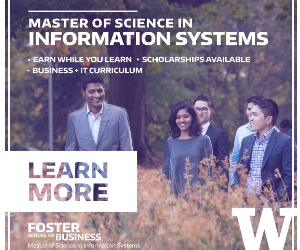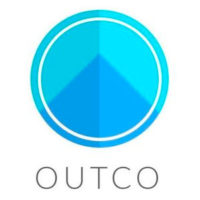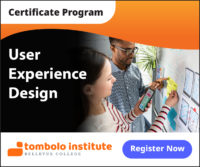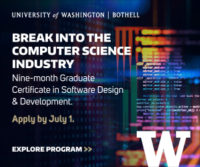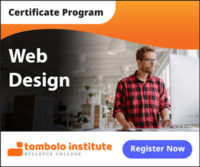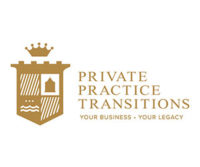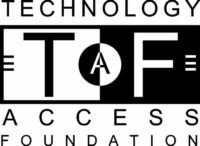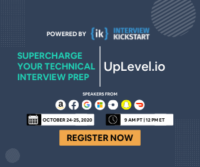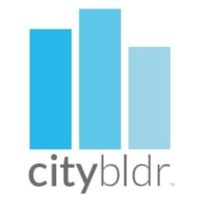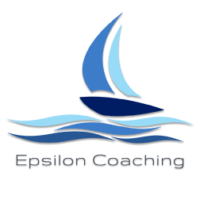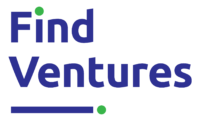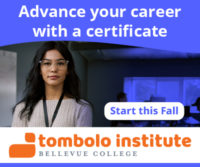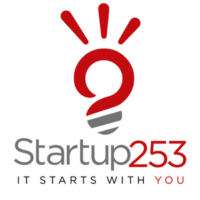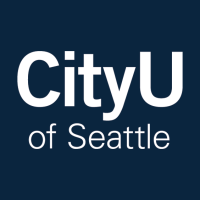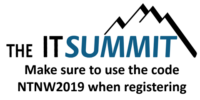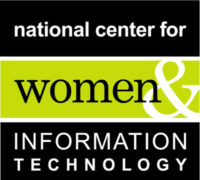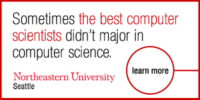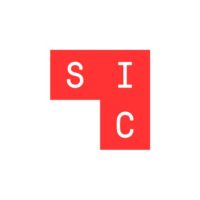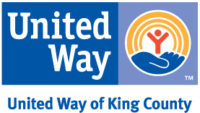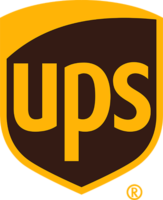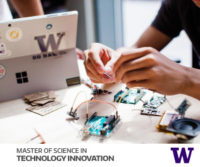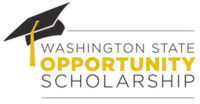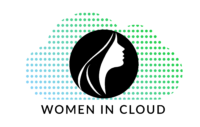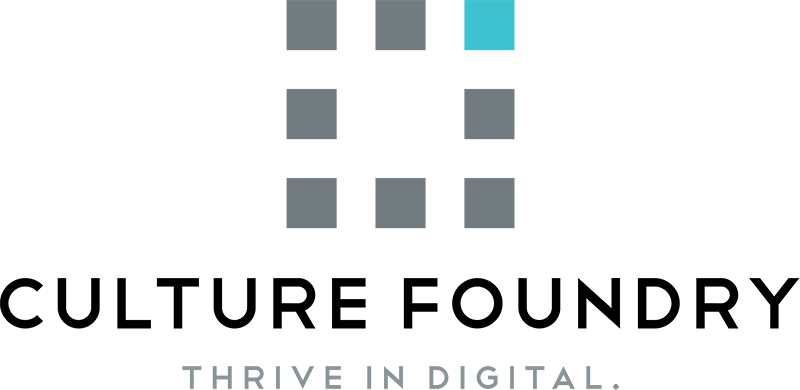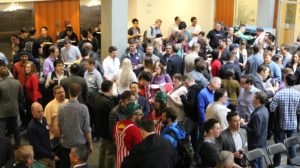 I was recently interviewed by Vlada Terenina at Intersog about our community for their blog. Here’s the article that came out of our conversation:
I was recently interviewed by Vlada Terenina at Intersog about our community for their blog. Here’s the article that came out of our conversation:
One of the best things about working in the tech industry is meeting extraordinary people that change the world, innovate, create the future, and build something great that hasn’t been done before. They light you up, inspire, motivate to grow and step out of your comfort zone.
This is exactly how you would feel being a part of New Tech Northwest – the fastest growing tech community and meetup group in the Pacific Northwest. New Tech’s founder and CEO Brett Greene has worked with hundreds of startups and Fortune 100 companies, had a private audience with H.H. Dalai Lama, was GeekWire’s Geek of the Week, and spoke at the White House. Today, we discuss with Brett the New Tech community, latest technology trends in Seattle and the area, challenges of the industry, and leadership on the West Coast.
New Tech Northwest is the fastest growing tech community on the West Coast and it already counts 46,000+ members. Tell us who they are? What’s the average profile of the member?
– We actually don’t have an average profile which is a part of our success. If you look at a typical meetup group, for example, for Ruby developers or for people who want to go on a hike together, they are very niche. We are the opposite. We are the umbrella of the Pacific Northwest tech community which includes a variety of members from Seattle, Bellevue, Tacoma, Portland, and Vancouver, BC.
The focus for us is people who are interested in innovation and people who want to connect and help other members of the tech community. We have everyone from developers who just graduated from a bootcamp and are looking for a job to Amazon and Microsoft executives, venture capitalists, CEOs, engineers, people interested in learning about what’s happening in the PNW technology industry, and startup founders.
Everyone in New Tech is helping each other with their tech careers or tech companies in one way or another. So, you might be a founder of the company willing to meet other founders, who can assist you with some business problems. Or you might be a student who graduated with a computer science degree and is looking for a job or internship.
We have a code of conduct that members have to follow in our events, but we are totally inclusive. That’s why we are the fastest growing community.
– So anyone from the community can participate in your events?
– Exactly, and that’s what makes our meetups interesting. We have monthly events where 4-5 members present to the community their innovative project or technology. From early-stage companies to enterprise organizations like Alibaba, Nordstrom, Expedia, Amazon, Google, and Microsoft people share their passion for what they are doing and the challenges they face along the way. Then, we have a Q&A session with questions from the audience and a Community Section – for people to talk to each other and network.
We care about our members and we facilitate people meeting other people and sharing things that can be helpful to others. We pack a lot of things in each show, we keep the official part quite short, so that the overall event is fast and fun. The energy is upbeat. It’s designed this way for our members to not only achieve their goals, but to have a good time.
– What major technology trends do you observe in the Pacific Northwest? Tell us about growing startups and successful companies in Seattle. In which areas are they changing the world and innovate?
– Part of the reason we are so successful in the Settle area is that we are very collaborative and that Seattle as a city already has that kind of an attitude.
We have members that are growing in their businesses in various areas, but there are certainly some trends and areas of the major focus. First of all, AI. There are several companies and also some big anchors who work in this area. For example, Paul Allen Institute for Artificial Intelligence is leading edge internationally now. They are ahead of many other organizations with their projects and are attracting a lot of IT professionals who are willing to work there because it’s so revolutionizing.
Amazon is also in town using AI with Amazon Web services, with their e-commerce referral engine that provides personalized recommendations to online buyers, and multiple other projects.
These two companies are a huge draw for young and seasoned tech professionals.
There is also a cluster of companies who focus on virtual reality and augmented reality, IoT developments, BioTech and eHealth, cloud. For example, there is Optimum Energy, that is building a control software that integrates directly with any building automation system to continuously reduce energy consumption. Or Aduro, they have a platform that analyzes employees’ health and delivers results on mobile. The data is used by the employer to improve work performance and culture.
Another interesting trend that we observe is Tech for Good – organizations that are helpful on the social front, that drive positive local and global social change. For example, there is Fledge with their network of accelerators for companies that make a real difference in the world. These businesses help people get water in Africa, generate electricity from plants, or provide educational opportunities for low-income families.
– What are the main challenges for the companies you mentioned and other New Tech members?
– Right now one of the biggest challenges for our members is probably recruiting challenge – everyone in the industry wants senior-level tech specialists, but there are not enough of them in the country.
There is a big gap between the demand and the existing workforce and it’s here to stay for quite some time. For example, in the Washington State area, there are around 50,000 unfilled technology positions per year.
Of course, there are programs like Apprenti by Washington Technology Industry Association who partners with community colleges and companies that need employees. The students are getting paid for their internships in big companies like Amazon or others.
But there are also a lot of people who finished education and bootcamps and can’t find jobs for two years – for the same reason – anyone wants senior-level professionals.
Another big challenge in the area is salaries. Very often startups lose their people to Microsoft, Facebook, Google, and Amazon, because these big players offer stock options, lots of benefits and huge wages. Smaller businesses simply can’t compete to retain their talent.
– When it comes to tech leadership on the West Coast, do you observe anything in common among the founders? How does New Tech Northwest help tech leaders grow?
– If in the past it was really hard to start a tech company and make it successful, that’s changing now. In Seattle, we observe that a lot of founders are over 30 or 40 years old. Since the tech scene in the area is very rich, they are leaving big companies with contacts, a track record, and own resources to launch their business and have a much higher success rate.
It’s different from many other areas in the United States. I used to live in Boulder, Colorado. And there, you would see more younger entrepreneurs coming from out of the area to apply for Techstars programs and to be around a growing startup community. IBM and StorageTek were the only large local tech companies with employees leaving to create startups, though Google is there now.
When it comes to helping leaders, we create a platform where they can help each other. We are a hub, where we have founders, investors, and tech professionals who can help leaders solve their challenges whether through funding, advice, or employment.
– As a very talented and experienced leader yourself, what have you learned from your private audience with H.H. Dalai Lama?
– That was wonderful though a very short conversation. The experience showed me the power of being calm, centered, humble, humorous, and listening thoughtfully to others with a kind and open heart. This isn’t always easy to practice, but very beneficial when I can be that present and mindful.
– Having worked with so many great companies and leaders, any advice you can give to startup founders who are just building their path to success?
– There are many great books, podcasts, and articles to go in depth on this. My main advice is to focus on the problems you care about solving, listening to what your target audience says they need rather than being in love with your own product ideas that may not serve them, and looking for how to serve your customers, employees and community better every day.
